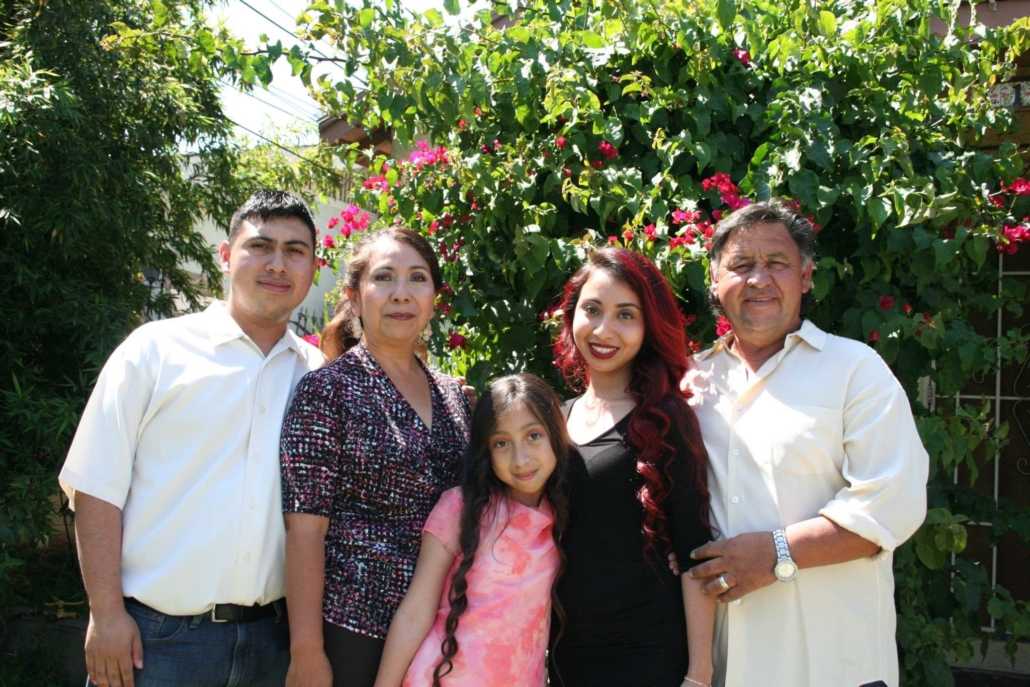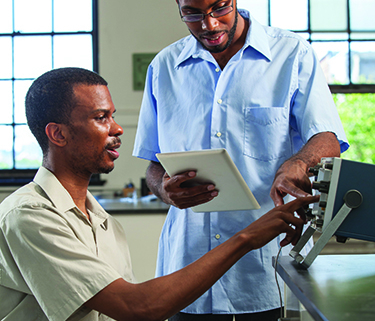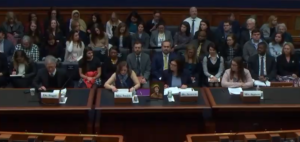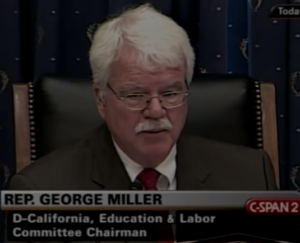The Importance of Paid Leave: A Sibling Perspective
By Nayma Guerrero, Member of The Arc’s National Sibling Council
My family is everything.

My younger brother is 23 years old. He loves computer science, animation, and art and design. He also enjoys working out at the gym. Things are sometimes challenging for my brother, who has autism, intellectual disability, attention deficit disorder, and depression. Then there’s my sister. Like many 14 year olds, she loves the mall. She also plays soccer and basketball, and likes playing with her dolls. I admire my sister for sticking to it at school, despite having learning disabilities.
Like a lot of families, the day starts at my parents’ house in controlled chaos. My mother takes on what seems like the biggest challenge of the morning shared by moms everywhere: getting my brother and sister out of bed! A true supermom, my mother helps both of them get their school clothes together and makes sure they eat breakfast every day. She truly believes breakfast is the most important meal of the day. After they eat, my mother drives my brother and sister to school before taking care of the grocery shopping and errands.
Both of my parents are very hard workers and make sure my siblings’ needs are met every day. My father works fulltime, so my mom is usually the one who is taking care of my brother and sister. My brother requires a lot of care, attention, and daily reminders to make sure he’s dressed, gets to school on time, and takes his medication.
A few years ago, my mother ended up in the emergency room. It turned out to be life threatening. My mother needed emergency surgery. We were shocked and worried as any family would be. After her surgery, we were told my mother would need to be on bed rest for about two weeks minimum with little movement. She would need a lot of assistance to get around the house, use the restroom, and shower. We were concerned for my mother but also for my siblings. My mother is the person my brother depended on the most. And my sister was only 10 at the time.
My father and I realized it was up to us to help my mother, my brother, and sister. For my father, taking time off meant he didn’t get paid and it was already hard for my family to make ends meet – still is. I was also working hard, but not getting full time pay or health benefits of any sort. I was working just under 40 hours a week and therefore, part time. Calling off also meant no pay for me. It was really hard for my father and myself to work out a schedule where we could both help my brother with his needs and care for my little sister and my mother. It was also hard because my brother has a difficult time trusting other people, so he needed us. Sometimes, there is just no substitute for family.
Now imagine what it was like for us to shift to relying on one income – we had to save every penny for rent and bills, that’s it. I didn’t know how I was going to make my car payments. We were barely getting by.
Paid leave from our jobs would have helped my family at a time when we needed it most. If I would have had access to paid leave, I would have been able to help my family without losing my pay. My father wouldn’t have had to call out of work with no pay and risk losing his job. I also wouldn’t have had to go some days without pay. I was also scared that my job was going to fire me because I had to call out. With paid leave, we would have been able to provide my brother and sister with better care, while my mom recovered from surgery.
There are many families like mine. When the unexpected happens, family members need to be able to be there for each other – and still keep their jobs. The U.S. needs a paid leave system so that families like yours and mine can care for loved ones when they need our help.
















